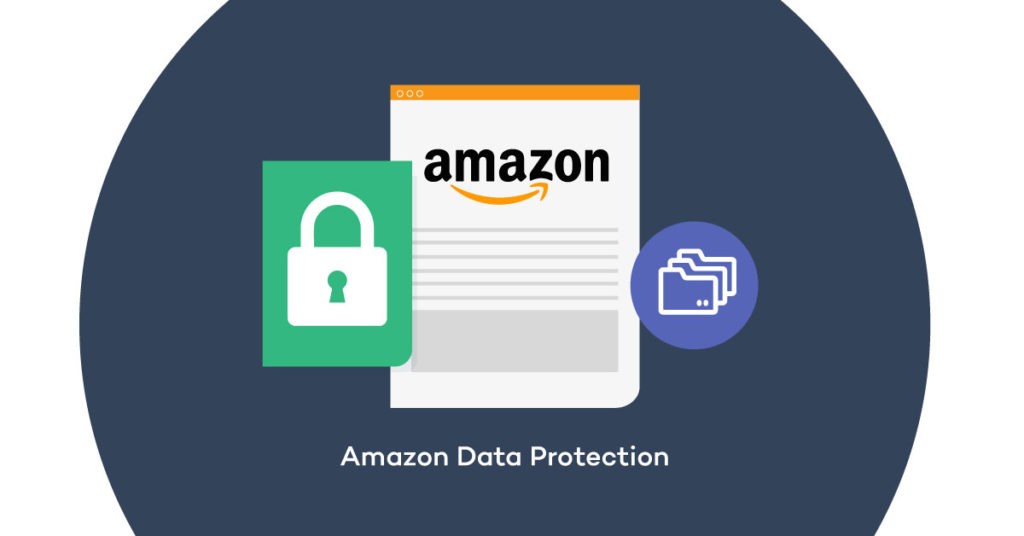Data Protection in AWS - A Comprehensive Guide
Ensuring the security of data in cloud environments is one of the most critical responsibilities. AWS offers various tools and services that make data protection manageable and effective. In this blog post, we will explore key aspects of AWS data protection, such as protecting data at rest, safeguarding data in transit, and leveraging additional AWS security tools like AWS KMS, CloudHSM, and Amazon Macie. This comprehensive guide will help you understand how to implement best practices in data security, whether you’re storing, managing, or transmitting data across AWS infrastructure.
Protection at Rest
Protecting data at rest means securing data that resides on persistent storage. In AWS, this involves encrypting data using various storage services like Amazon S3 and databases. AWS provides two types of encryption options for protecting data at rest:
AWS Encryption Options for Data at Rest:
- Server-Side Encryption (SSE): AWS handles the encryption and decryption process.
- Client-Side Encryption: Data is encrypted before it reaches AWS using client-managed keys.
These options help ensure that sensitive data remains secure, even if the physical storage media is compromised. For example, Amazon S3 uses SSE to automatically encrypt objects before saving them, and decrypts them when accessed, thus providing seamless encryption for users.
Protection in Transit
Data in transit is any data being transmitted from one system to another. AWS provides several services and best practices to ensure the protection of data in transit, ensuring confidentiality and integrity during data transmission.
Recommended Solutions for Data Protection in Transit:
- HTTPS Endpoints with TLS: AWS services offer HTTPS endpoints with TLS for secure, end-to-end communication with AWS APIs.
- AWS Certificate Manager (ACM): ACM helps generate, deploy, and manage certificates for TLS encryption in web-based workloads. It handles SSL/TLS certificates for internal and external applications.
- IPsec with VPN Connectivity: Using IPsec VPN, you can establish a secure tunnel for encrypting traffic between your on-premises infrastructure and AWS.
These tools are critical for any application where data confidentiality and integrity are a priority, such as banking or healthcare applications.
Additional AWS Services for Data Protection
AWS also offers several services to enhance data protection, as shown in the following table:
| Service | Description | Image |
|---|---|---|
| AWS CloudHSM | A managed hardware security module (HSM) in the AWS Cloud that provides secure storage for cryptographic keys. |  |
| Amazon S3 Glacier | A secure and cost-effective service optimized for archiving data. Data is stored in vaults and archives, and offers vault lock policies for compliance. |  |
| AWS Certificate Manager | Handles the complexity of managing SSL/TLS certificates, simplifying security management for AWS-based websites and applications. |  |
| Amazon Macie | Uses machine learning to identify, classify, and protect sensitive data such as PII or intellectual property within AWS. |  |
These services complement encryption strategies for both data at rest and in transit, offering layered security to safeguard data against unauthorized access.
AWS KMS – Key Management Service
AWS Key Management Service (KMS) is a managed service for creating and controlling the cryptographic keys used to encrypt your data. If you do not need to run your own HSM, AWS KMS is an ideal option for encryption key management, allowing integration with other AWS services, such as CloudTrail for auditing and compliance.
Key Features of AWS KMS:
| AWS KMS | Description |
|---|---|
 | AWS Key Management Service helps generate and control encryption keys across AWS services. You can use these keys directly in your applications or within integrated services. AWS KMS also enables seamless integration with AWS CloudTrail, providing a complete log of all key usage, thereby helping meet auditing and compliance needs. |
AWS KMS offers a centralized approach to managing encryption keys, making it easier to adhere to industry standards and regulatory compliance. By integrating KMS into your applications, you can ensure the seamless encryption of data, be it at rest or in transit.
Data protection is at the core of any robust security strategy, especially in cloud environments like AWS. Understanding the different strategies for encrypting data at rest and in transit, leveraging services like CloudHSM, Amazon Macie, and AWS Certificate Manager, and effectively managing cryptographic keys through AWS KMS ensures that your data remains safe, secure, and compliant.
As DevOps engineers, we need to build security best practices into our deployment workflows from the ground up, leveraging these powerful tools AWS offers to maintain the integrity and confidentiality of data. By understanding and implementing these strategies, you can significantly reduce risks associated with data breaches or unauthorized access, ensuring that your systems meet the highest security standards.
For more information on these AWS services and how to secure your data, explore AWS Encryption Videos and the AWS Key Management Service Documentation.

